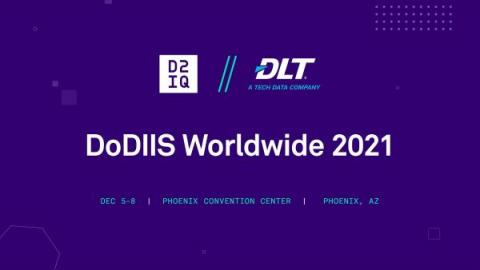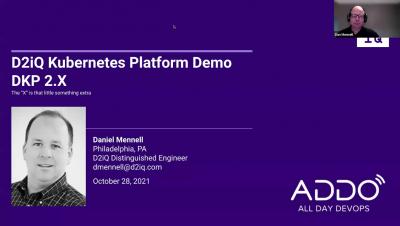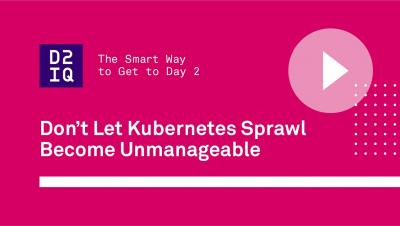Top Three Challenges in Building New Kubernetes Ecosystems: Public Sector Innovation
Worldwide container management revenue will grow strongly from a small base of $465.8 million in 2020, to reach $944 million in 2024, according to a new forecast from Gartner, Inc. Among the various subsegments, public cloud container orchestration and serverless container offerings will experience the most significant growth. The benefit of Kubernetes is that it makes it possible to manage and deploy modern applications with increased speed and efficiency.











